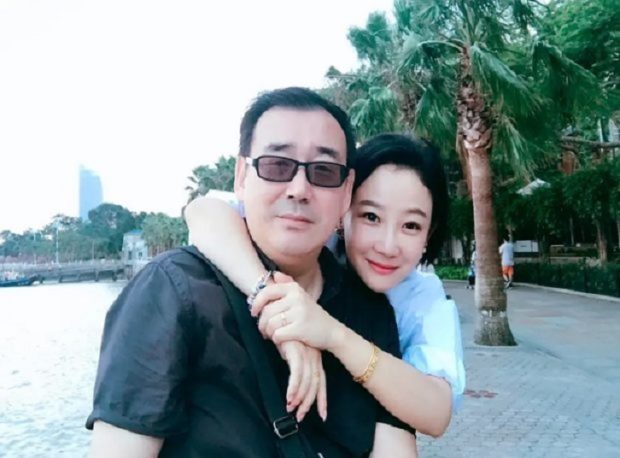
Man urges Chinese judge to reject torture-tainted evidence
PTI, May 31, 2021, 1:47 PM IST

Canberra: A Chinese Australian writer tried in Beijing for alleged espionage said he pleaded to a judge to reject the evidence of what he had said while being tortured by interrogators.
Yang Hengjun faced a closed trial last Thursday and the court deferred its verdict to a later date.
The Australian government on Friday labelled his incarceration since he arrived in China in January 2019 arbitrary detention.
The Associated Press on Monday saw the crime novelist and blogger’s account of the legal proceedings circulated among his supporters over the weekend.
Yang said he had a meeting with his trial judge three days before his one-day trial. The judge refused his request to submit evidence and call witnesses during the trial but agreed to include almost 100 pages of defence documents in his case file.
“I made a plea to the judge to exclude my interrogation records from the court proceedings,” Yang said.
“It’s illegal. Torture. They had hidden camera records,” Yang added.
Yang does not say how the judge responded to his request.
Chinese Criminal Procedure Law prohibits confessions forced by torture or threats.
The prosecution case, “according to legal facts, is groundless,” Yang said.
Yang said he was “tired and confused” during the hearing and “didn’t have the spirit to speak enough.”
He estimated he spoke for less than five minutes in his own defence, but said the hearing “gave me a sense that things are OK.”
“The interrogations I had been subjected to, where I was told I had to confess, and the treatment I received for the first one-and-a-half years was (sic) much worse,” Yang said.
Chinese authorities have not released any details of the charges against Yang, who reportedly worked for China’s Ministry of State Security as an intelligence agent.
Yang told his supporters at the weekend: “I served China when I was young, even secretly.”
Yang has denied the accusation against him, and while a conviction is virtually certain, it isn’t clear when the verdict will be handed down.
The espionage charge carries penalties ranging from three years in prison to the death penalty.
The trial comes at a time of deteriorating relations between the countries, brought on by Chinese retaliation against Australian legislation against foreign involvement in its domestic politics, the exclusion of telecommunications giant Huawei from its 5G phone network, and calls for an independent investigation into the origins of the novel coronavirus that was first detected in China in late 2019.
Udayavani is now on Telegram. Click here to join our channel and stay updated with the latest news.
Top News

Related Articles More

Indian mission to open condolence book for Singaporeans to pay tribute to Manmohan Singh

Osamu Suzuki, who ignited Indian automobile industry passes away at 94

Goodbye, my bhai: Malaysian PM recalls how Manmohan offered scholarships for his children
Thumbay group to set up first private psychiatric and rehabilitation hospital in Sharjah

China approves world’s largest dam over Brahmaputra river close to Indian border
MUST WATCH
Latest Additions

Udupi: Gita Yajna held at Sri Krishna Matha

Space for Manmohan Singh’s memorial, Congress playing ‘cheap politics’: Nadda

Middleman held in connection with bribery case involving ED official: CBI

2 detained under PSA, PIT-NDPS Act in J&K’s Samba, Jammu

PM Modi calls Gukesh an embodiment of calmness and humility
Thanks for visiting Udayavani
You seem to have an Ad Blocker on.
To continue reading, please turn it off or whitelist Udayavani.

















